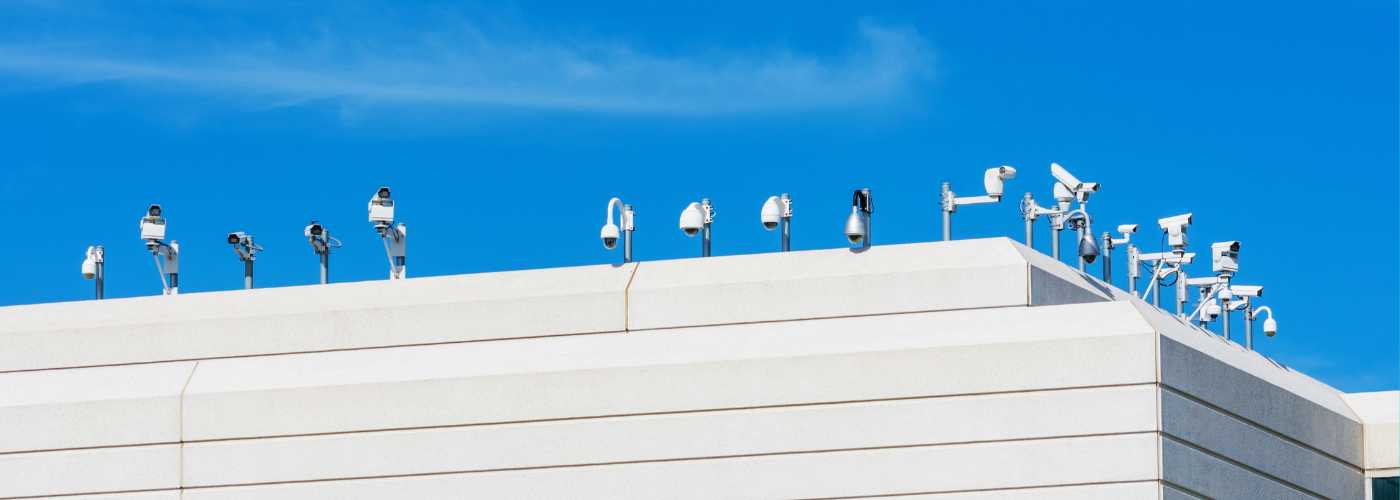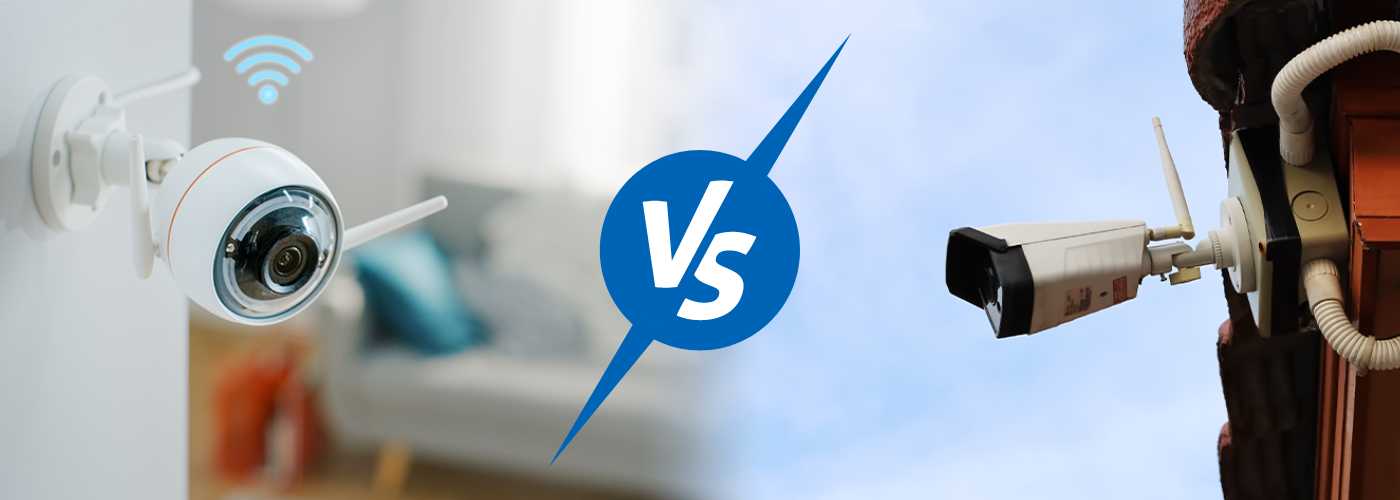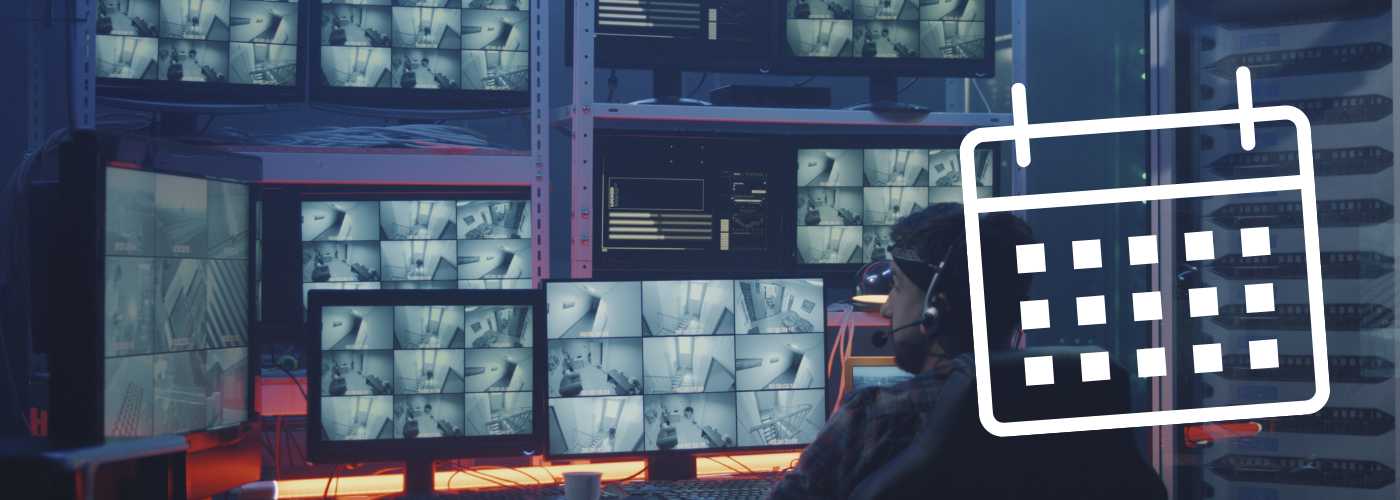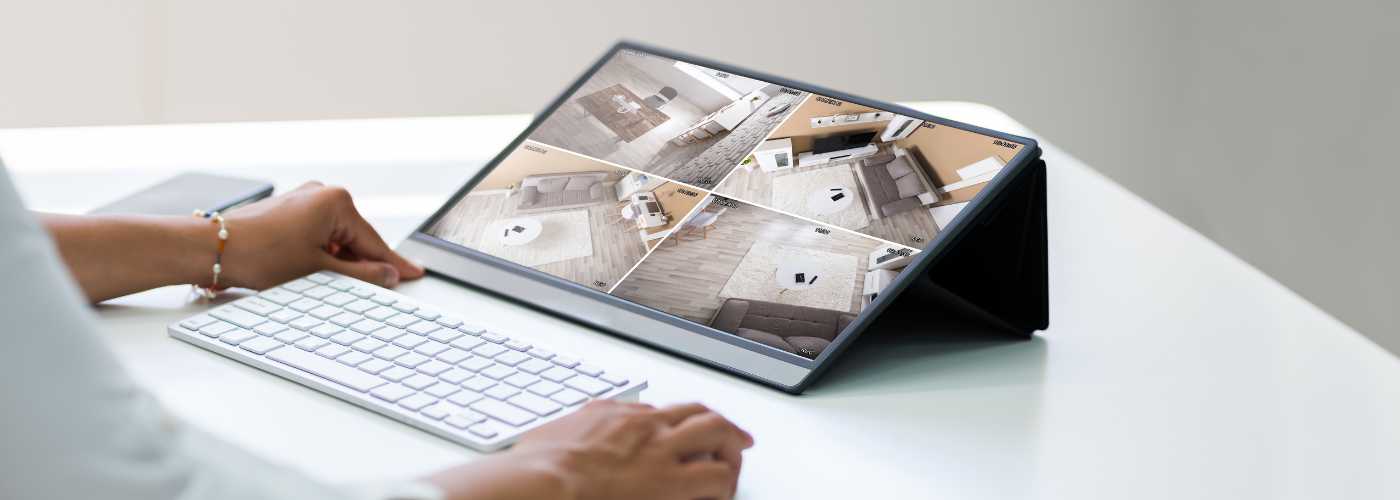Having a strong security system in place is essential for protecting your home or business. Security cameras are one of the most popular choices because they can provide protection and peace of mind. This begs the question: how many security cameras should I get? In this article, we’ll discuss the factors you need to consider when determining how many security cameras you’ll need.
How Many Security Cameras Are Enough?

When it comes to security cameras, there is no one-size-fits-all answer. The number of security cameras you need depends on the size of your property and what you’re hoping to accomplish with them. Security cameras can be used to monitor large areas like parking lots or small areas such as entrances and hallways.
When setting up a new camera system, it’s important to take into account both the coverage area and the purpose for which you are using the camera system.
Knowing where to place each camera is half of the battle when deciding how many cameras are necessary for your particular setup. To maximize their usefulness, consider any blind spots that may exist in your space and try to fill those gaps with additional cameras.
Typically, residential homes require anywhere from 2-5 security cameras. However, commercial properties and businesses require well above 5 security cameras.
What’s Better Wired Or Wireless Cameras?

When it comes to home security, there are two main types of cameras: wired and wireless. Deciding between the two can be a difficult decision as each option has its own set of advantages and disadvantages.
Wired cameras typically provide more reliable connections since they are connected directly to the recording device, meaning fewer dropped signals and don’t need external power sources. However, wired systems require lengthy cabling to be run throughout your home, which may not always be practical or aesthetically pleasing.
Wireless cameras don’t require any wiring but still offer a secure connection, however, they do require an extra energy source, such as batteries or solar cells in order to transmit data over long distances. This can quickly become costly if you have multiple cameras spread out over large areas that need monitoring.
How Long Does The Average Security Camera Store Footage?

Security cameras are becoming increasingly popular for both private and public security. Whether you have a home or business, chances are good that you’ve considered adding security cameras as a way to keep your property safe. But how long does the average security camera store footage?
Security camera storage varies based on the type of camera being used. For example, an analog CCTV system stores footage on VCR tapes, while IP-based surveillance systems store footage digitally on servers or other media storage devices such as hard drives.
Traditional analog CCTV systems can typically store up to 30 days worth of video files, while many digital systems can offer higher capacity and longer recording time frames, extending out to weeks or even months depending on the amount of available storage space.
Additionally, cloud-based solutions have become increasingly popular because they provide users with near-limitless storage capabilities by storing video offsite in secure data centers.
How To Power Outdoor Security Cameras
Outdoor security cameras are a great way to protect your home, but if you want them to be effective, they need to be powered. Powering outdoor security cameras can be done in several ways and it is important to choose the method that best fits your needs. Knowing how to properly power outdoor security cameras can help ensure that your home remains safe and secure.
When considering how to power outdoor security cameras, one of the most popular methods is solar power. Solar panels are relatively simple and cost-effective, require little maintenance, and provide a clean source of energy. The downside is that solar panels may not generate enough energy depending on where they are located, or the weather conditions in that area.
Another alternative for powering outdoor security cameras is using hardwired connections such as AC adapters or battery packs. Overall, keep this in mind when looking to purchase security equipment.
